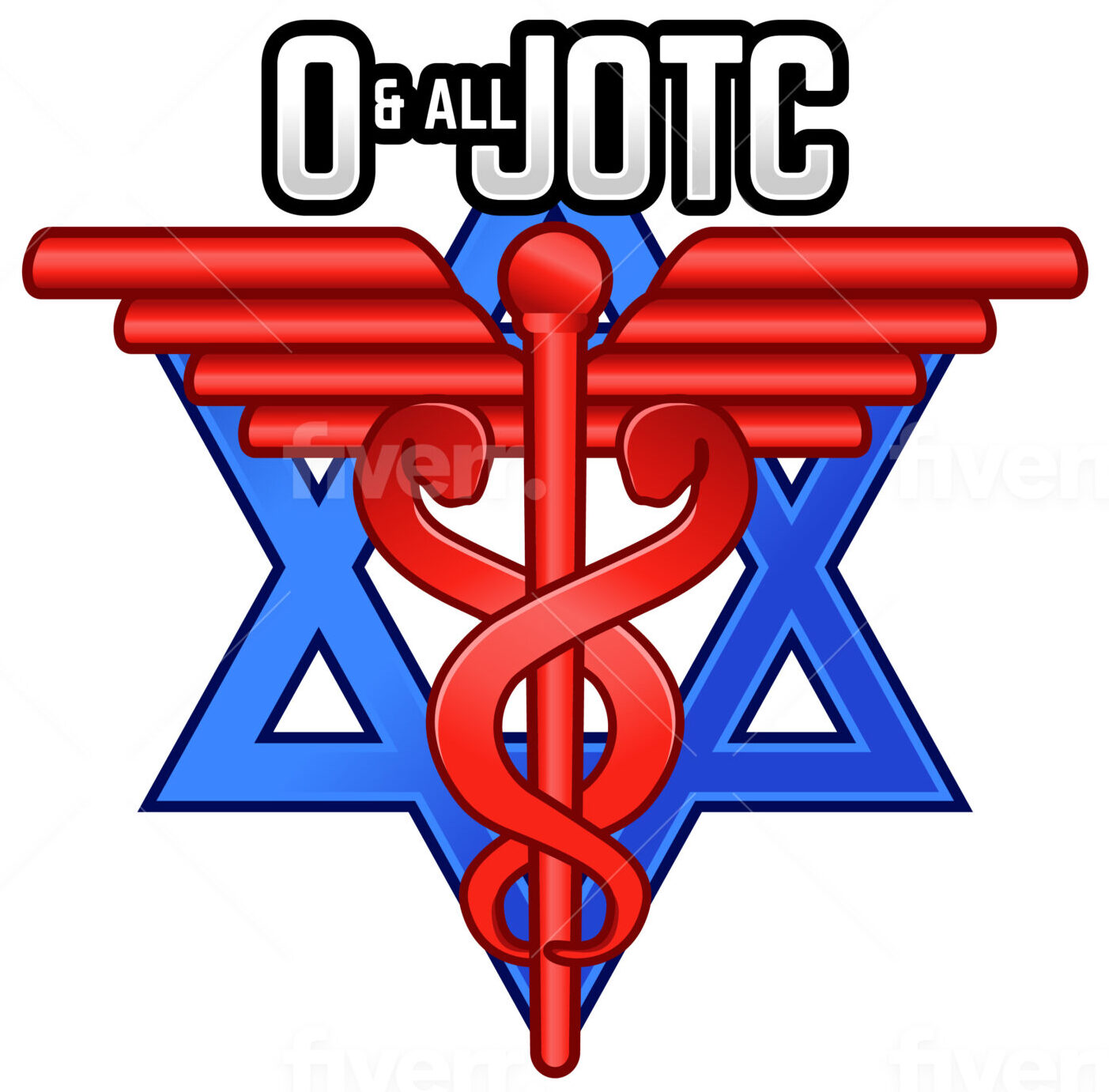Resources
Part of our mission at OJOTC is to provide resources for Jewish OT practitioners, other practitioners working with Jewish patients, and visitors who want to learn more about our unique culture.
The OJOTC Toolkit: a practitioner’s guide to working with Orthodox Jewish patients
For practitioners treating Orthodox Jewish patients, we offer a questionnaire (see below) to guide open, honest conversations about this culture and its role in the recovery process. For additional questions and information, you may contact us at any time.
About Orthodox Jewish Culture
The following are three areas of how orthodoxy impacts the life of the Orthodox observant Jew. It is anticipated that this information will better enable cultural sensitivity and awareness of the occupational therapy practitioner for both clients and peers.
I. Kosher
Often referred to as “keeping kosher”, the rules and details of this religious observance are complex and beyond the scope of this toolbox. Rather, the focus of this section is to better enable non-orthodox individuals to appreciate the practical impact for clients and clinicians.
According to Orthodox Jewry, ALL food consumed must be kosher. This status is determined differently for different categories of food, but is established by a “kosher symbol” that identifies the food kosher. Some of the more widely recognized symbols include, among many others:



Food that is not kosher, or food that is kosher but opened without Orthodox supervision, or food that is placed in a non-kosher receptacle (i.e. serving bowl) cannot be consumed by an Orthodox Jewish person. This may create difficulties in in-patient settings, out-patient cooking/meal preparation activities and/or community-based treatment settings. In addition, meat and dairy food items cannot be consumed at the same meal, on the same eating surface, or with the same utensils.
Awareness of this requirement opens lines of communication and enables practitioners to help their clients in meaningful ways.
II. Sabbath/Shabbos/Shabbat & Holidays
Every week from sunset Friday through sundown Saturday, Orthodox Jews observe the Sabbath (pronounced differently dependent on region). This twenty-six hour observation involves prayers, meals and family time. The most significant aspect to understand for the purposes of this toolbox is that, for Orthodox Jews, no “work” can be done during its duration. “Work” is defined as energy creating activities so that using electricity (i.e. turning on lights), transportation other than walking (i.e. car), and talking on the telephone are all prohibited.
These restrictions apply to specific holidays on the Jewish calendar including the High Holidays and Passover, to name a few. Orthodox Jews take these restrictions very seriously and very literally. While these restrictions do not apply if a life is at stake, observing as much of these religiously significant behaviors and restrictions is a value that should respected.
Awareness of this area of observance will help clinicians develop sensitivity to both patients and their families. Respect of their clients’ values for these observances will put clinicians in the unique position to provide support. In addition, better understanding of these restrictions will help clinicians understand the needs of their peers. The OJOTC, as a member of the MDI Network, is available to provide support to clinicians in meeting the needs of diverse clients.
III. Modesty/Tzniyus
This is not the place for a theological discussion related to gender roles and religion. Rather this is a brief presentation of the practical impact of gender issues that may impact practice.
The primary concept to remain aware of is that there is a general restriction for individuals to limit physical contact with people of the opposite sex to close relatives and to avoid such contact with non-relatives. Therefore, shaking hands or other casual contact between individuals of the opposite sex may not be acceptable. This impacts introductions and casual interactions but does not limit treatment techniques.
Touch for the sake of healing, which occupational therapy practitioners use regularly, is acceptable – and encouraged. Life, and the quality of life, is a value. Therefore, treatment is not restricted to same-gender practitioners, though it is preferred.
It is helpful to keep in mind that Orthodox Jews do not have experience with casual touching and are often uncomfortable with touch, without indicating dysfunction. A clinician discussing sexual dysfunction with a client anticipates a certain amount of discomfort and addresses the issue respectfully. All touch with an Orthodox person of an opposite sex to the practitioner should be understood in this context. In addition, keep in mind that this applies to family members as well.
Lastly, eye contact discomfort with persons of the opposite sex exists in some segments of Orthodoxy and should be tolerated and not perceived as rudeness.
Awareness of this area of observance will enable clinicians to avoid creating embarrassing or awkward moments with clients, client families, and peers.
Back to top^
JEWISH HOLIDAYS RESOURCES
Many of our members find themselves frequently needing to take off work due to Jewish Holidays. Some of our members have requested a link that they can give to their supervisors and colleagues ahead of time to let them know when the Jewish holidays will fall out each year.
Back to top^
Occupational Therapy Links
American Occupational Therapy Association (AOTA)
The American Occupational Therapy Foundation (AOTF)
New York State Occupational Therapy Association (NYSOTA)
New Jersey Occupational Therapy Association (NJOTA)
Maryland Occupational Therapy Association (MOTA)
Georgia Occupational Therapy Association, Inc. (GOTA)
National Board for Certification in Occupational Therapy (NBCOT)
World Federation of Occupational Therapists (WFOT)
Back to top^
Additional Resources
There are no websites the OJOTC endorses for better understanding of Judaism. We are available to answer questions and help practitioners with specific cases.
There are websites related to Jewish resources for persons with disabilities. Recommendations for specific clients’ needs can be attained by contacting the OJOTC.
